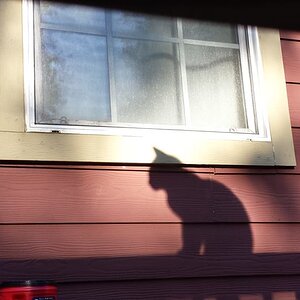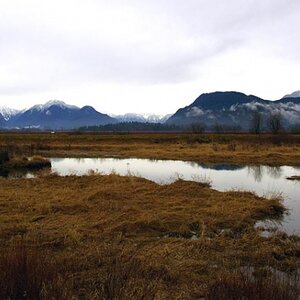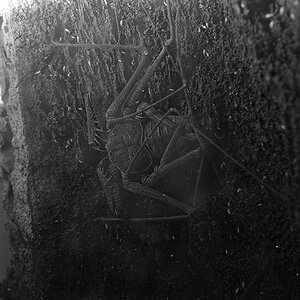Nici
TPF Noob!
- Joined
- Mar 14, 2016
- Messages
- 16
- Reaction score
- 6
- Location
- Pretoria South Africa
- Website
- www.flickr.com
- Can others edit my Photos
- Photos OK to edit
I know there is much substance for ND fitters and Gradient Filters. The UV protection filters are manly used as protection from breakage and scratches to the mostly very expensive lenses. There is also much debate as to how much sharpness is compromised in using the UV protectors. We all know more glass equals less sharpness. I have always used UV protectors and all my lenses are equipped with one, but after taking the UV protector off my prime Nikon 35mm lens, I could definitely see a difference. With kit lenses and the cheaper zoom lenses, wouldn't it make even more of a difference to the sharpness and overall satisfaction of a decent, sharp shot. What are the views out there.. Would love to hear what others think...










![[No title]](/data/xfmg/thumbnail/32/32167-524b76a903731ff48d48682c9f9b0978.jpg?1619735234)


